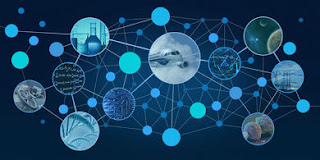The Technology of Efficiency of Science, Innovation, Management

The Principles of Scientific Methodology Any rational intellectual activity requires adherence to the classical principles of scientific methodology: – Knowledge should be presented in the form of separate descriptions of the properties of the investigated and / or designed objects and the processes of their changes; – Intellectual texts cannot contain incorrect terms, logical contradictions, and inconsistencies with facts; – Experts and managers should evaluate knowledge only on the basis of correct discussions of controversial properties of objects between their proponents and opponents. Natural and technical sciences are based on these principles. Compliance with these principles significantly increases the required tension of the intellect and increases the labor intensity of intellectual activity. People avoid stress. Therefore, they, to one degree or another, violate these principles. The application of these principles greatly facilitates the identification of errors